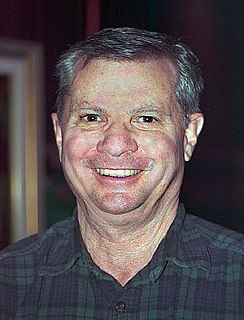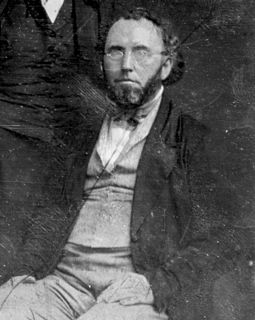A Quote by Waller R Newell
The major break in the understanding of manliness is not between, say, the nineteenth century and any particular preceding era but between my generation of Baby Boomers and the entire proceeding complex of teachings. In some ways, TR and Churchill have more in common with Homer and Shakespeare than they do with us.
Related Quotes
The language of freedom-fighting was so co-opted by the baby boomers in order to express their now-hopelessly compromised ideologies that no other generation could emulate it without a smirk. This has created an apathetic generation in the West, with young people no longer distinguishing between the old order and the new.
I agree that all kids of all colors love hip-hop. My point in writing the book was to raise questions about the ways the hip-hop generation and the millennium generation, both who have lived their entire lives in post-segregation America, are processing race in radically different ways than any generation of Americans. I think they have a lot to tell us as a country about ways of addressing race matters.
You know, this dialogue is only helpful when we come, both of us, to a point where we realize that no dialogue is possible, that no dialogue is necessary. When I say understanding or seeing, they mean something different to me. Understanding is a state of being where the question isn't there any more. There is nothing there that says, "Now I understand!" That's the basic difficulty between us. By understanding what I am saying, you are not going to get anywhere.
There is a connection waiting to be made between the decline in democratic participation and the explosion in new ways of communicating. We need not accept the paradox that gives us more ways than ever to speak, and leaves the public with a wider feeling than ever before that their voices are not being heard. The new technologies can strengthen our democracy, by giving us greater opportunities than ever before for better transparency and a more responsive relationship between government and electors
American statesmen might like some Europeans more than others and even detect quaint resemblances to their own outlook; but they no more committed themselves to a particular group or country than a nineteenth-century missionary committed himself to the African tribe in which he happened to find himself.
I won't say he [Shakespeare] 'invented' us, because journalists perpetually misunderstand me on that. I'll put it more simply: he contains us. Our ways of thinking and feeling-about ourselves, those we love, those we hate, those we realize are hopelessly 'other' to us-are more shaped by Shakespeare than they are by the experience of our own lives.
One of the major changes in attitude that occurred in the world of art as we moved from the nineteenth into the twentieth century was that the twentieth century artist became more involved with personal expression than with celebrating exclusively the values of the society or the church. Along with this change came a broader acceptance of the belief that the artist can invent a reality that is more meaningful than the one that is literally given to the eye. I subscribe enthusiastically to this.
































